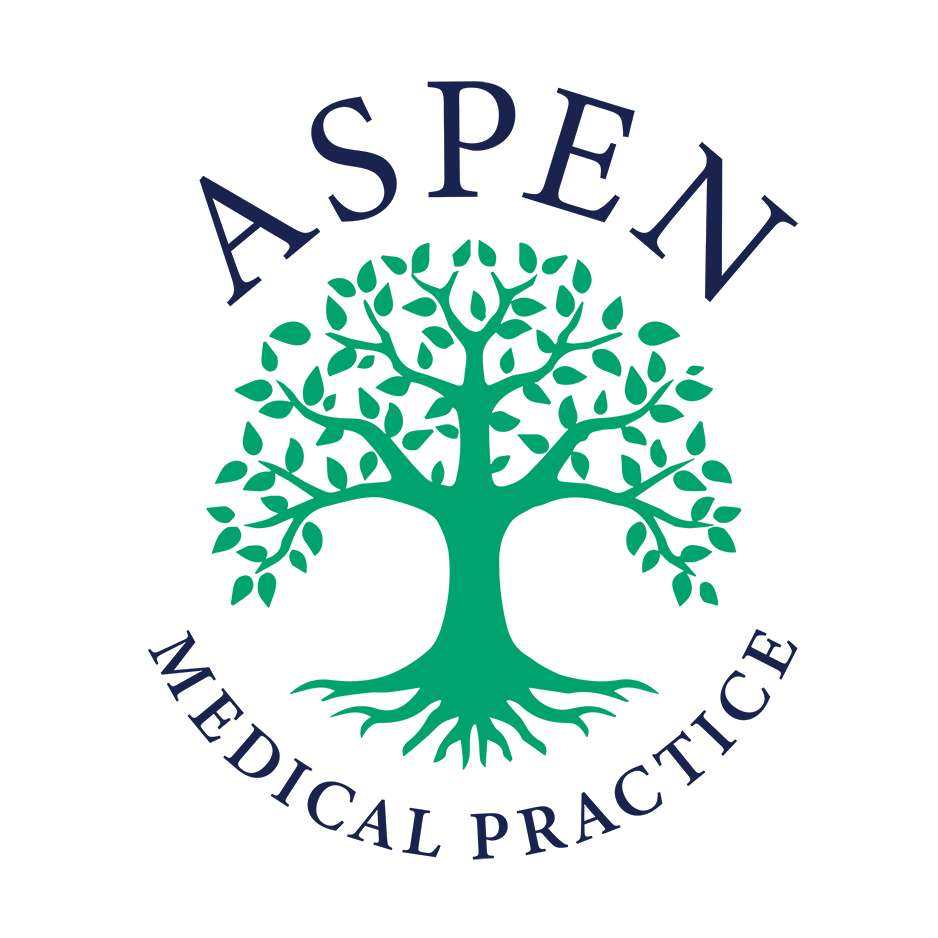ESCAPE-pain
ESCAPE-pain is a rehabilitation programme for people with chronic joint pain of the knees and/or hips, that integrates educational self-management and coping strategies with an exercise regimen individualised for each participant. It helps people understand their condition, teaches them simple things they can help themselves with, and takes them through a progressive exercise programme so they learn how to cope with pain better.
Phone
020 7188 7188
(extension 57032)
Website
www.escape-pain.org
Email
hello@escape-pain.orgGloucestershire Self Management – Live Better to Feel Better
Self-management is about finding ways, and learning techniques, which enable you to control your long-term health condition, rather than having it control you.
The Live Better to Feel Better course has been designed with you in mind, to provide you with these techniques as well as the confidence and awareness to use them appropriately.
Posters
Live Better to Feel Better (PDF)
LBFB Poster (PDF)
Phone
0300 421 1623
Email
gloucestershire.selfmanagement@nhs.netRelaxation
The regular practice of relaxation techniques can be a helpful skill to develop when managing stress, pain or difficult emotions. These are different to relaxing activities such as taking a walk or reading a book.
Website
Management options for pain (gloshospitals.nhs.uk)Let’s Talk
Local courses and one-one help for depression, anxiety and insomnia.
6 week Manage Fibromyalgia and Chronic Fatigue Course.
Phone
0800 0732 200
Website
Let’s Talk 2getherThe Pain Toolkit
The online Pain Toolkit is for people who live with persistent pain and Healthcare teams who support them.
Website
Pain ToolkitLiving with Pain
A non-profit self-help CD produced for people who suffer persistent pain.
Website
www.paincd.org.ukOpioid Painkillers
In persistent pain, using opioid painkillers, such as codeine, tramadol and morphine for more than a few months, has not been shown to be helpful. As doses increase above the equivalent of 120mg oral morphine per day, there is a much greater risk of harm and little extra pain relief.
Poster
You can check your dose on the thermometer chart (PDF)Opioid Side Effects
Opioid painkillers can be really useful for a short time – after an injury or surgery – but longer term they only reduce pain for about 10 per cent of people.
Leaflet
The great Opioid side effect lottery (PDF)Tazzy Persistent Pain Booklet
A free downloadable booklet with information on understanding persistent pain.
Leaflet
Understanding persistent pain (PDF).Mindfulness
Meditation exercises to help with stress and pain. Courses available trough Pain Self Management and Let’s Talk.
Website
Mindfulness – NHS (www.nhs.uk)Fibromyalgia
If you have fibromyalgia, there are several ways to change your lifestyle to help relieve your symptoms and make your condition easier to live with.
Website
Fibromyalgia – Self-help – NHS (www.nhs.uk)The British Pain Society
There are many different causes for persistent pain. The aim of this booklet
is to highlight the difficulties associated with persistent pain, and how it can best be treated.
Website
www.britishpainsociety.orgUnderstanding pain video
Understanding Pain What to do about it in less than five minutes.
Website
Understanding Pain – YouTubeTen Footsteps
Learning how to manage your pain is a journey. Like any journey, it takes time and everyone’s experience is different.
Leaflet
10 Footsteps – your journey to living with pain (PDF)
Chronic pain
Page published: 16 February 2024
Last updated: 16 February 2024
